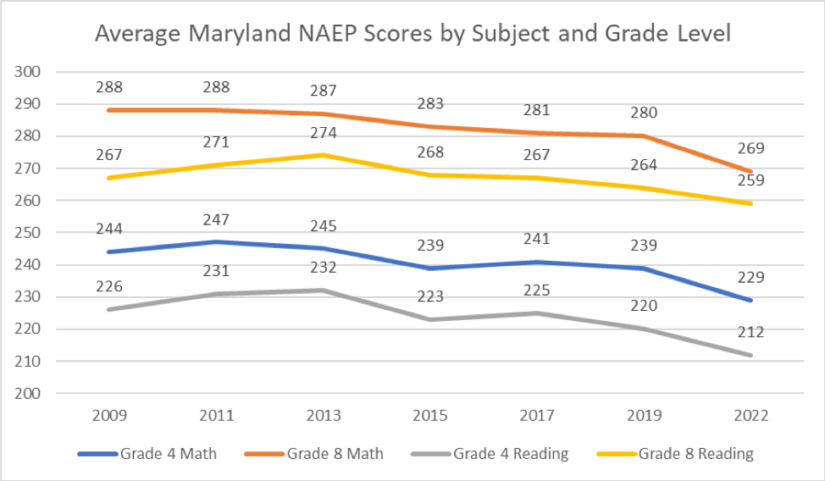During this summer, a team of students from MIT embarked on a journey to the sou …
Former Mississippi Education Chief Seeks to Replicate Educational Success in Maryland
Jennifer Livingstone

Education observers were thrilled and relieved when Maryland hired a new state superintendent of schools in October.
The new superintendent, Carey Wright, was appointed on an interim basis to complete the term of the outgoing superintendent. She has deep ties to Maryland, having worked as a teacher and administrator in some of the state’s largest school districts before serving as schools chief in Mississippi. During her time in Mississippi, she successfully led an overhaul of literacy instruction.
Wright’s appointment is seen as an opportunity to revitalize Maryland’s education system, which has been impacted by pandemic-era learning loss. She will also be tasked with stabilizing the Maryland State Department of Education after previous leadership faced allegations of creating a “toxic” environment and conflicts with state authorities.
The uncertainty surrounding the departure of the previous superintendent led to a challenging situation that has now been resolved with the selection of Wright as his replacement. Kalman Hettleman, an education policy observer, describes Wright’s appointment as a “grand slam” selection.
Although Wright is currently approved to serve only until the end of her predecessor’s term, she has already announced her intention to seek the job on a permanent basis. She has also expressed her interest in implementing a dedicated literacy strategy similar to the one she implemented in Mississippi.
During her time in Mississippi, student achievement in reading and math significantly improved according to the National Assessment of Educational Progress. Mississippi elementary schoolers went from being among the lowest-performing students in the country to performing at or above the national average. This success was seen across different racial and socioeconomic backgrounds.

In contrast, Maryland has experienced a decline in achievement over the past 10 years. Despite being one of the richest states in the U.S., Maryland’s fourth graders read and compute at a lower level than Mississippi’s fourth graders. Maryland also spends approximately 56 percent more per pupil compared to Mississippi. Recent standardized test scores in Maryland indicate a lag in performance compared to pre-pandemic levels.
Annette Campbell Anderson, an assistant professor at the Johns Hopkins School of Education, notes the concern among Maryland’s education community regarding the “abysmal” scores. Maryland has historically been known for its high achievement in literacy and math, and the recent decline has caused unease.
Wright’s task will be to replicate the successful strategies she implemented in Mississippi to improve reading proficiency. Mississippi’s approach focused on evidence-based training for teachers and administrators, providing literacy coaches to struggling schools, and requiring students who couldn’t pass a reading test to repeat the year. Maryland, on the other hand, has concentrated on a separate policy called the “Blueprint for Maryland’s Future,” which aims to provide more resources to schools

